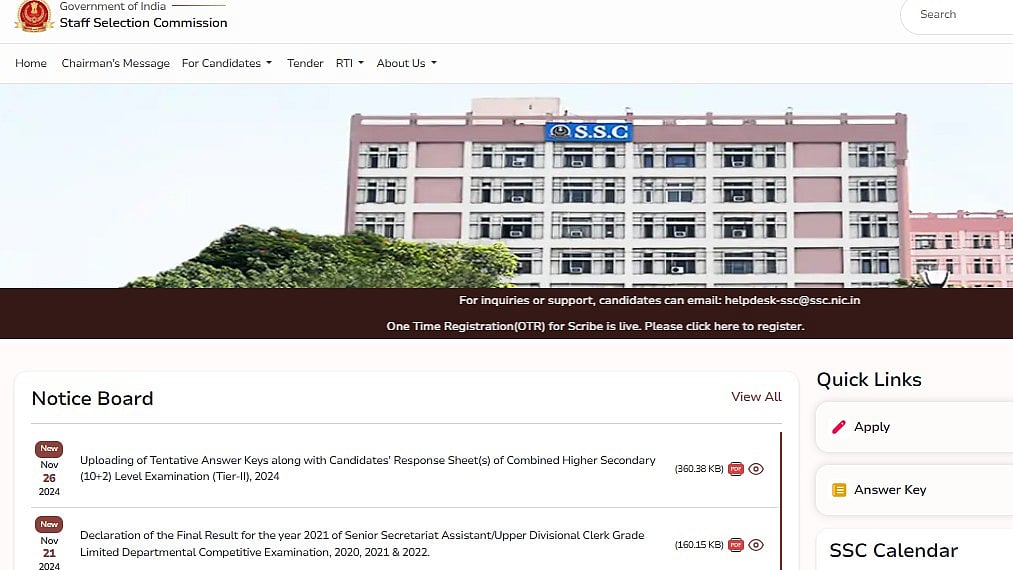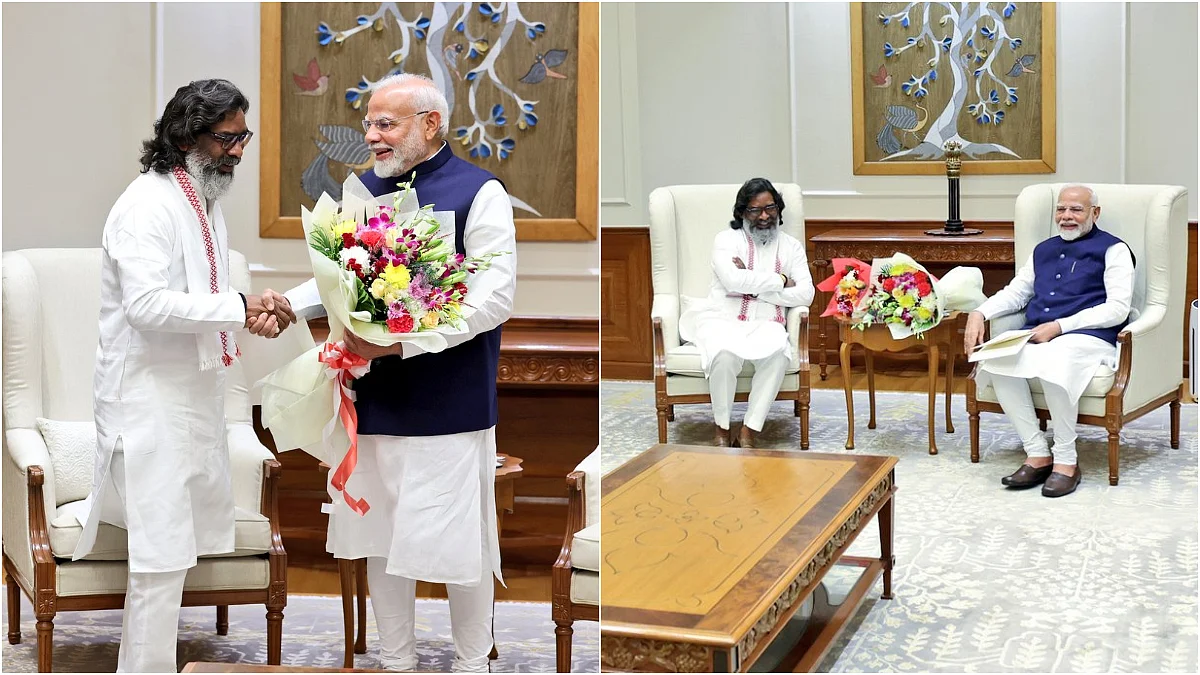Sindhupalchok: The flash flood incident of Tuesday in Sindhupalchok district of Nepal is suspected to be caused by glacial outburst in a high lying area bordering Tibet, said a government official.
Speaking to ANI, Rudra Prasad Dulal, Ward Chair of Sindhupalchok ward 11 confirmed that the incident can be the result of a glacial outburst near Tibetan territory which has resulted in loss of millions of rupees.
"Reason behind this flash flood is attributed to heavy rainfall in upper lying areas. Shaken by the 2072 (Nepali date of 2015 earthquake) earthquake, creeks on the inner areas of the hills are suspected to be swept by large masses of ice and muds contained by it. We have suspected it to be a reason for flooding," Rudra Prasad Dulal said.
He also added that incessant rainfall and movement of ice masses underneath the glaciers which ran down the hill have been dumped here in low lying areas.
"We are suspecting it to be a glacial outburst," Dulal stressed.
Several people, who have been displaced due to floods as they have lost their houses and properties, are in state of shock.
Melamchi town, once a brimming marketplace and centre of attraction, now remains submerged in a thick layer of mud, sand and water after the flood. As per the official, about 200 houses in town have been damaged partially or completely in mayhem which began with onset of monsoon.
Hundreds of families who resided in the area have taken shelter in a local school, located a few hundred meters away from the main market square.
Radhika Shrestha, one of displaced due to flood while recalling the incident said: "I just had returned back from my field, then brother-in-law who resides in "Dhap" (locality in Sindhupalchok) called me and warned to flee to safer ground stating a river has been blocked from flowing due to landslide which might burst and flood the town where we reside." "Till the time I received a warning call, I called my husband who was working in the field, to rush out from there. Later we ran to high edges without any second thoughts," she said.
As the blocked river made its way down hill, it has completely changed the life of Shrestha's family of four who have lost all of their belongings in the flood compelling them to make a fresh start.
"As flood took away our land, properties and all key documents, our family has to survive whether by doing labour or any other means," Shrestha said.
After the mayhem, a total of seven people have been confirmed dead by district administration and at least eight staffers of the Melamchi drinking water project have gone missing.
Nepal Army along with Armed Police Force and the Nepal Police has been conducting a rescue and search operation in the flood ravaged area, which has continued to be submerged under a thick layer of mud and high flowing water.
"We are yet to think about making a new start. All the riches which we earned lies in that house which is now covered in mud and is not accessible. We don't have anything now and we are clueless where to go and how to go, a complete state of numbness reels over mind," Laxmi Prasad Shrestha, another flood victim from the area said.
One of the epicenters of 2015 earthquake, Sindhupalchok has been witnessing damages due to floods and landslides on an annual basis. With the onset of monsoon in the Himalayan nation, incidents of floods and landslides are expected to rise further.
Earlier, Meteorologists of Nepal and other South Asian nations had predicted that monsoon for the year 2021 will arrive earlier than last year and that Nepal and some other Asian countries are expected to receive normal to above-normal rainfall.
As per Nepal's Meteorological Forecasting Division, monsoon has already hit Nepal from June 1 and it will continue for about 3 months.
Last year, the monsoon entered Nepal on June 12, two days later than the normal onset date (June 10). In 2019, monsoon entered eastern Nepal on June 20, delayed by 10 days. Lasting for 105 days in Nepal, monsoon normally leaves the country by September end.
Almost 80 per cent of the annual rain in Nepal is received during the monsoon (June-September). The average annual rainfall is 1,600 mm, but it varies by eco-climatic zones (3,345 mm in Pokhara and below 300 mm in Mustang).
The Meteorological Forecasting Division (MFD) has estimated the high mountainous region of Nepal to receive 55 to 65 per cent rainfall (snow mainly) in 2021. Additionally, average rainfall is estimated to be anywhere between 35 to 45 per cent in Lumbini, Gandaki, Bagmati and in the western part of Province 2, while Terai region of Province 1 and eastern region of Province 2 are likely to receive less-than-average rainfall.

.jpg)








